New York taxpayers, did you get a stimulus check in 2021 from the Recovery Rebate Credit? If not, the Internal Revenue Service (IRS) might send you one by the end of January.
The IRS said earlier this month that people who are eligible but did not claim the Recovery Rebate Credit on their 2021 tax returns will be automatically refunded.
Danny Werfel, Commissioner of the IRS, said, “After looking at our own data, we found that a million taxpayers did not claim this complicated credit when they were really eligible.”
He also said that these payments would be made automatically to save people time and make sure that taxpayers who are eligible would get the money without having to file an amended return, which can be a lot of work.
IRS will surprise millions of Americans with new incentives this year
What is the Recovery Rebate Credit? It is a credit that can be refunded to people who did not receive one or more Economic Impact Payments, which are also called stimulus payments.
If you did not fill out the Recovery Rebate Credit field on your 2021 tax return or put $0 in it when you were eligible for the credit, you could soon be getting a stimulus check. The IRS says that a total of $2.4 billion is being given out across the country, and people who qualify will likely get around $1,400 in stimulus payments.
The IRS also says that you do not have to do anything to get your stimulus check; the money is being sent automatically to people who qualify. To most people, the checks should arrive by late January 2025, either in the form of a paper check sent to the address on file or a direct deposit into the bank account listed on your 2023 tax return.
In December, the checks were sent. If you qualify, you should also get a separate letter telling you about the payment. Lastly, you might still be able to get the stimulus payment if you file your 2021 taxes by April 15, 2025 and claim the Recovery Rebate Credit. This is why the Internal Revenue Service wants all people who are eligible to get a stimulus check to keep an eye on when it comes.
Is it possible to track your past tax returns?
The Internal Revenue Service (IRS) says that all recipients can keep an eye on their tax refunds from the previous year. The “Where is My Refund?” feature shows the IRS’s records of federal tax returns from the last two years.
You can only see information about tax returns from past years if you log in to your IRS online account. Then you can see a history of your payments, your current balance, important details about your most recent tax return, any notices from the IRS, and the address that is on file.
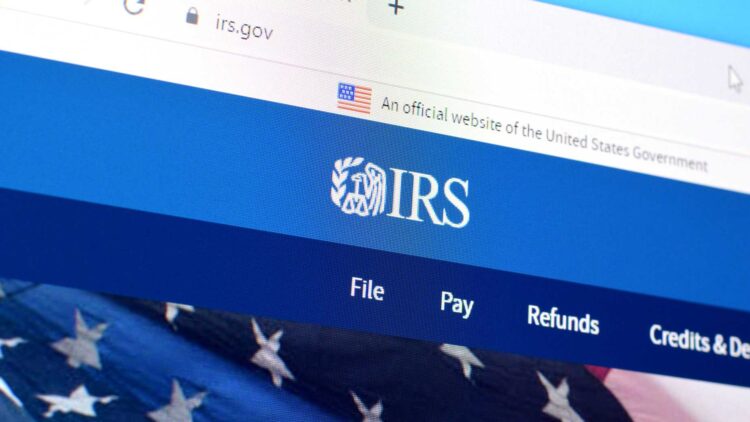
Additionally, IRS2Go is a mobile app that lets you keep an eye on how your tax return is coming along. It is possible to check through the app to see if a return has been sent and if your return was accepted.
Remember that everyone who is getting a refund will need their Social Security number, filing status, and the amount of money they expect to get back in order to log in. The IRS updates the app every night, so check back the next day to see if your situation has changed.
The IRS will face cuts as soon as Trump takes office
The resurgence of Donald Trump has brought back the Internal Revenue Service, which lost $20 billion in funding because of a compromise to end the government shutdown.
The next Congress is expected to cut the budget even more. Both Democrats and Republicans are against limits on the government. Democrats say that these limits hurt federal revenues and tax fairness, while Republicans say that they limit the power of the government.
However, neither side talks about how a well-funded IRS would help the country. Because of this, the IRS has a huge unpaid tax bill of almost $500 billion a year because it has not had enough money for years.
Large-scale tax evasion hurts the economy as a whole and lowers revenues, giving people who can and want to avoid paying taxes an advantage in the job market. With less money for enforcement, this problem will only get worse.
The hundreds of billions of dollars that have not been paid are mostly owed by businesses that have the most reason to not pay their taxes, like self-employed people, cash-dealing businesses, and big private companies. Companies that do not have many ways to avoid paying taxes and whose employees are paid directly are more likely to do so.

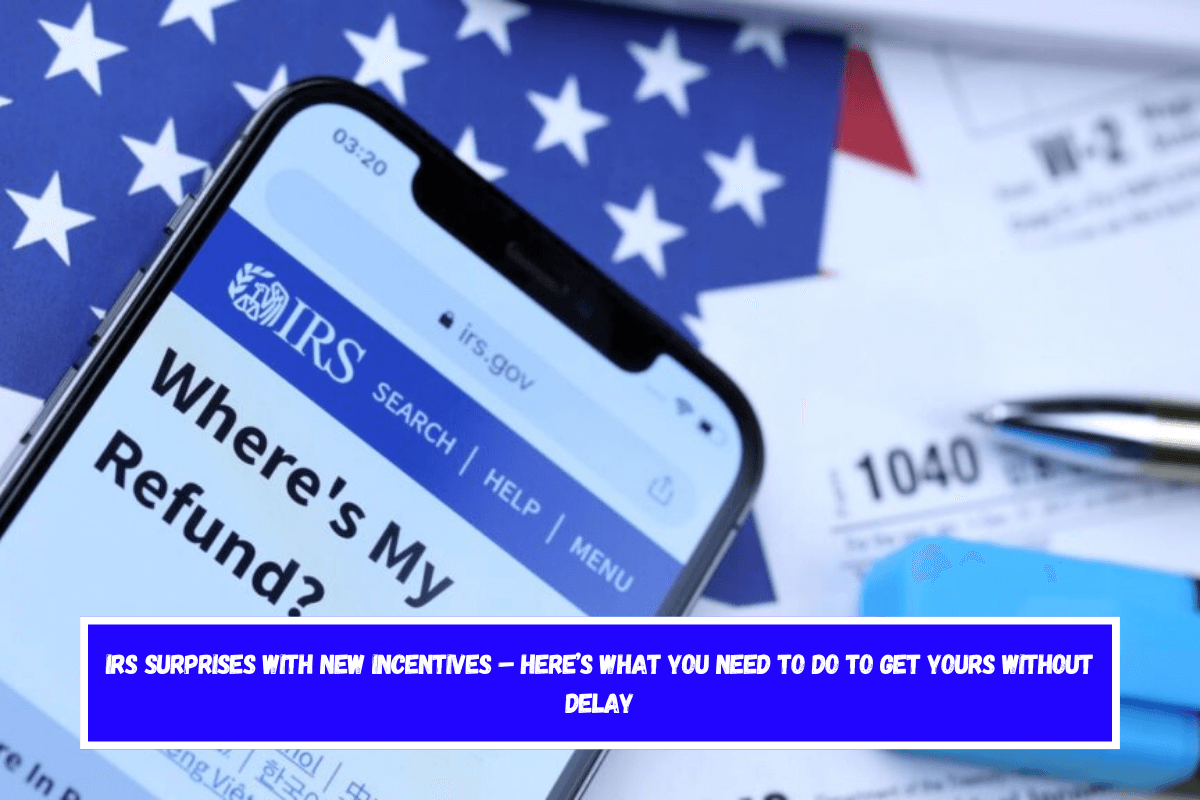



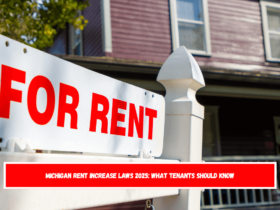

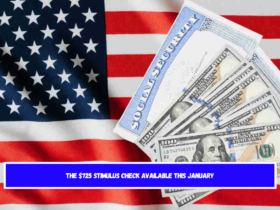


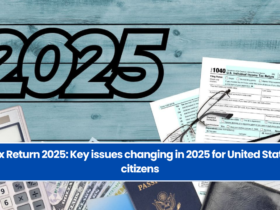
Leave a Reply